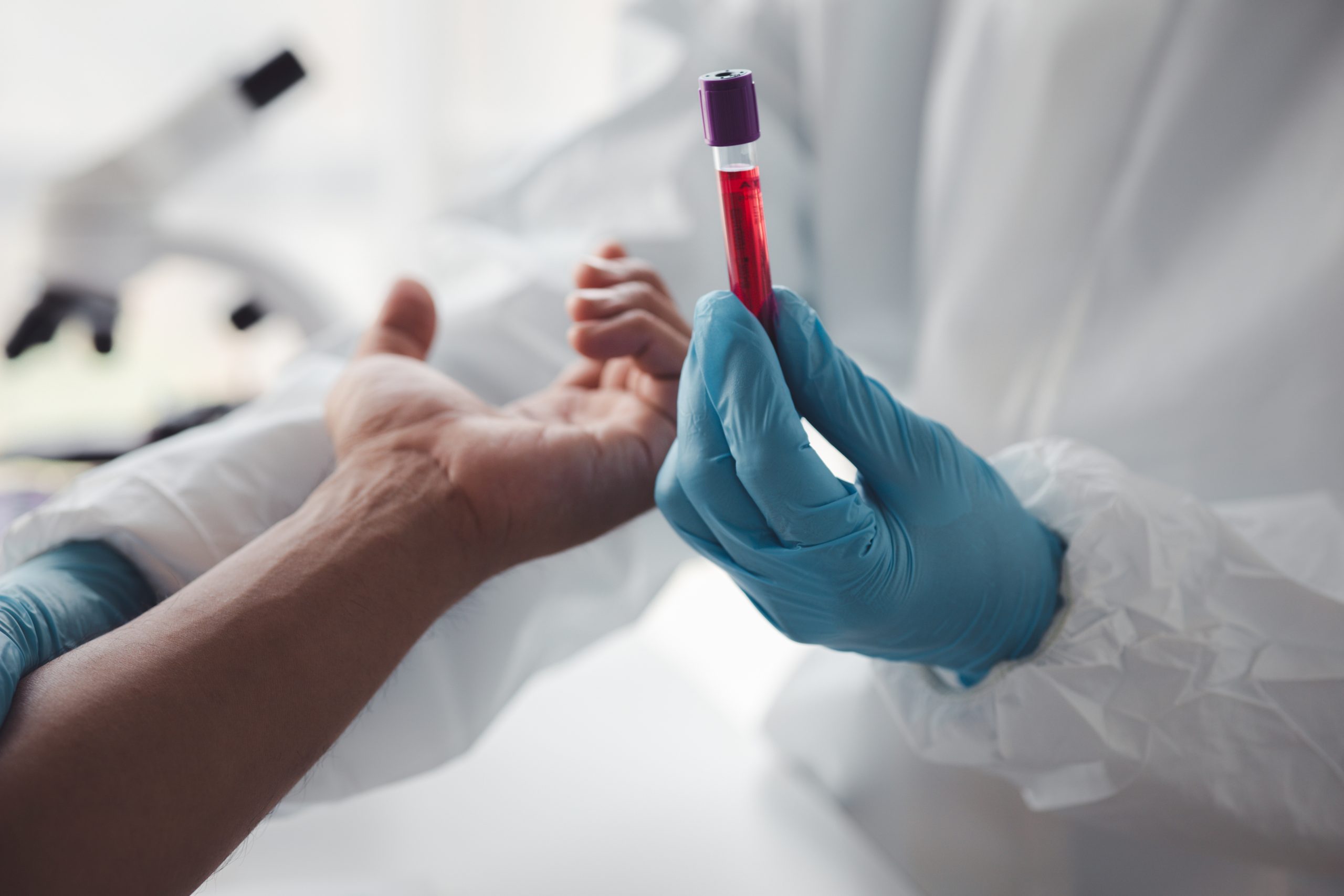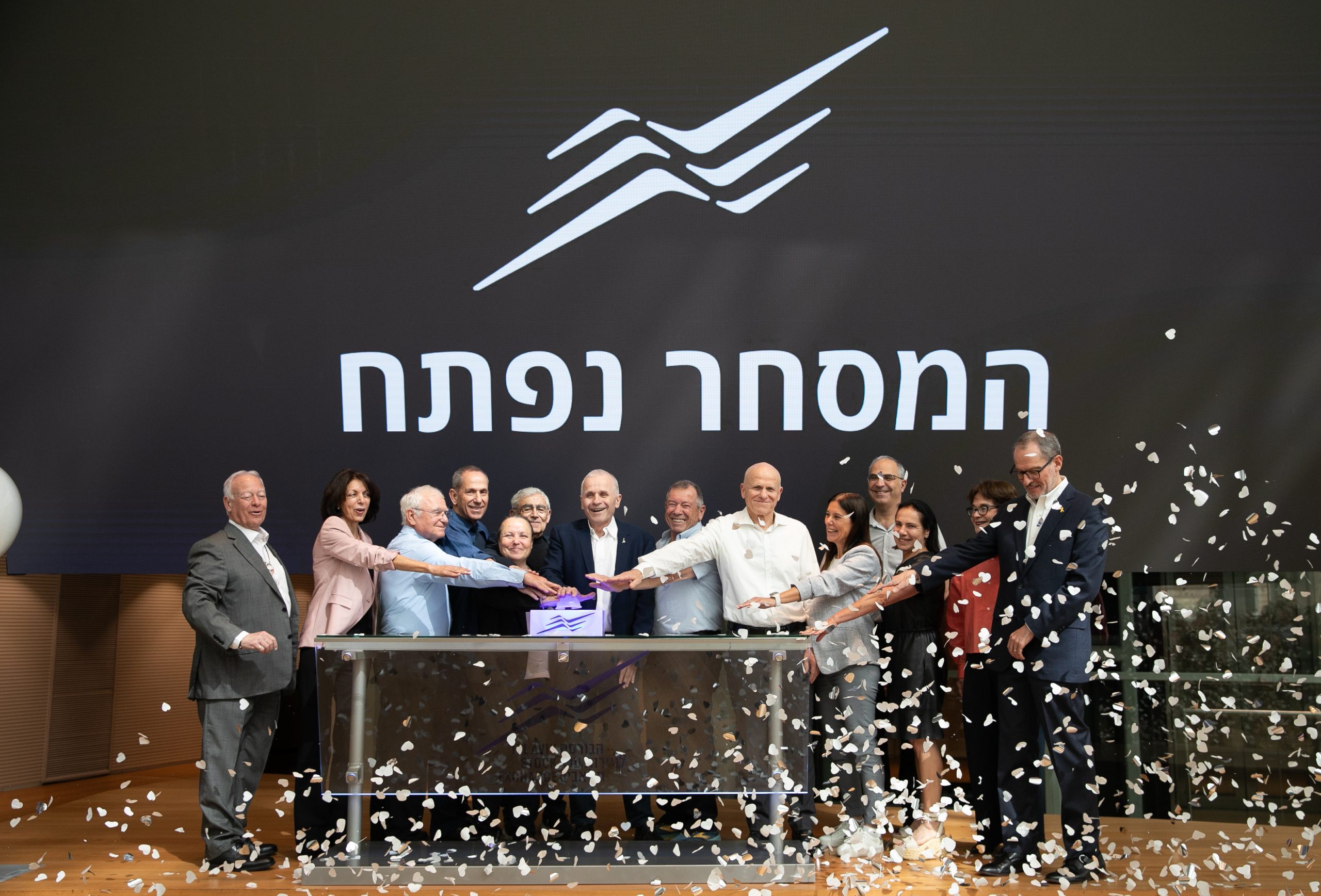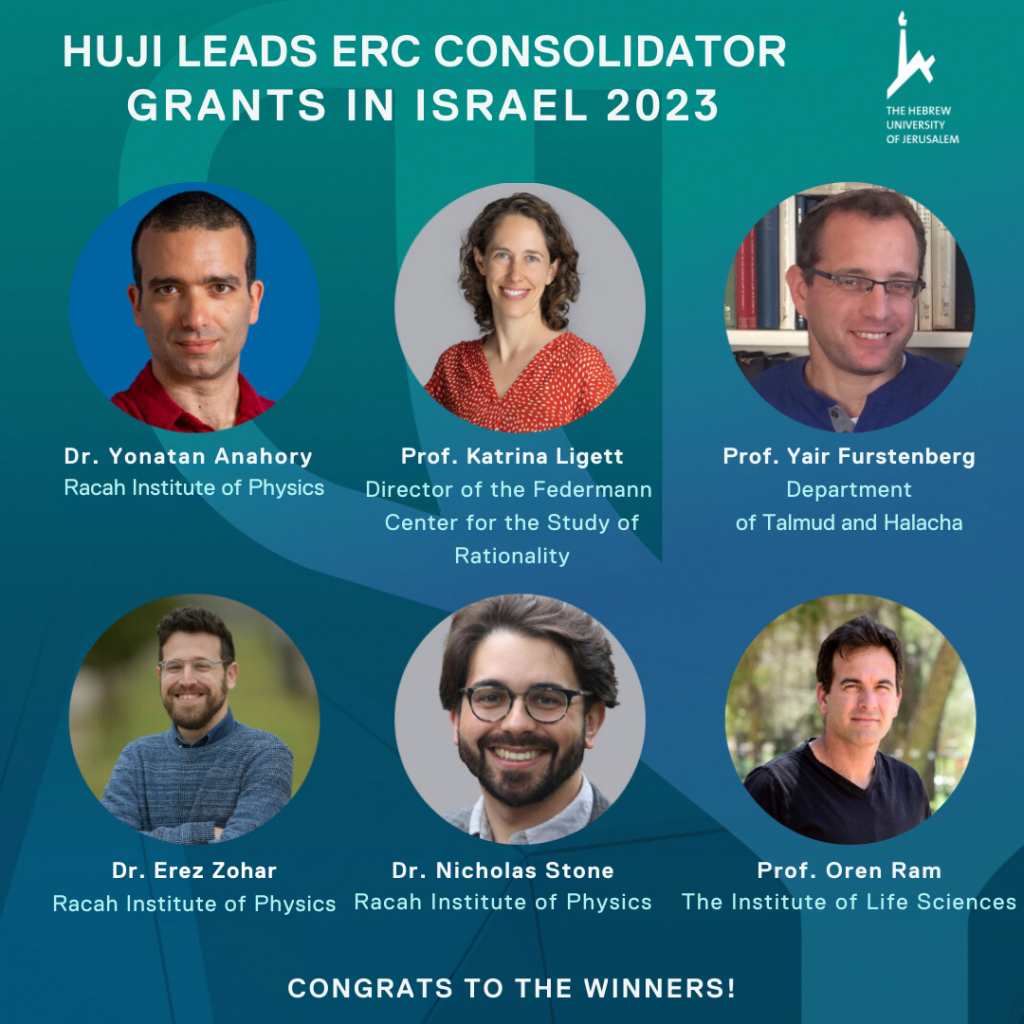
November 27, 2023 — On November 22, the European Research Council (ERC) declared that six researchers from the Hebrew University secured grants at the “Consolidator Grant” level. These individual grants, ranging from one and a half to two million euros each, cumulatively amount to 11.5 million euros (about $12,508,320). This achievement positions the Hebrew University at the forefront among Israeli research universities, boasting the highest number of winners in this category.
The recipients of the ERC grants from the Hebrew University include Dr. Erez Zohar from the Racah Institute of Physics, Prof. Yair Furstenberg, who chairs the Department of Talmud and Halacha, Prof. Oren Ram from the Alexander Silberman Institute of Life Sciences, Dr. Yonatan Anahory also from the Racah Institute of Physics, Prof. Katrina Ligett from the Rachel and Selim Benin School of Computer Science and Engineering, who also oversees the Federmann Center for the Study of Rationality at the Hebrew University, along with Dr. Nicholas Stone, also from the Racah Institute of Physics.
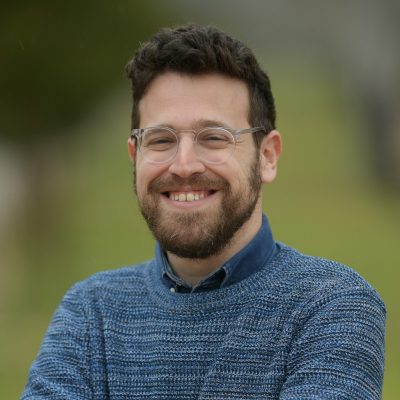
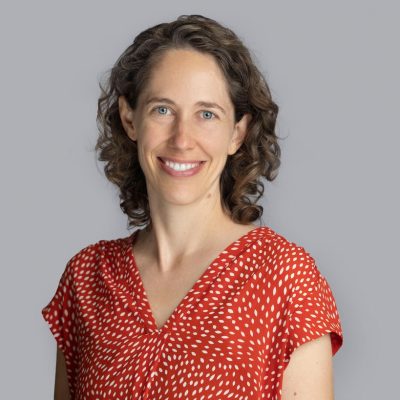
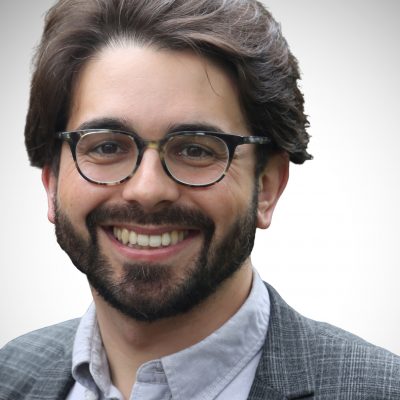
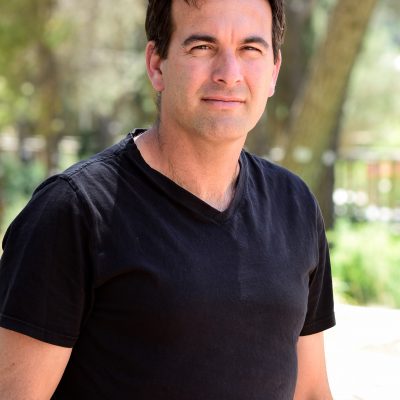
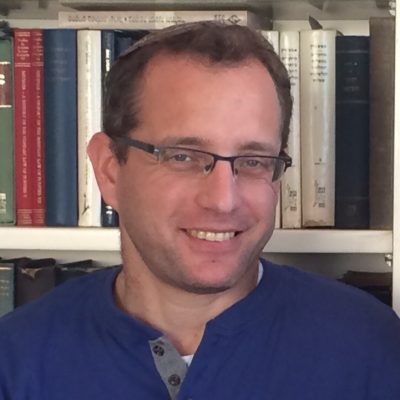
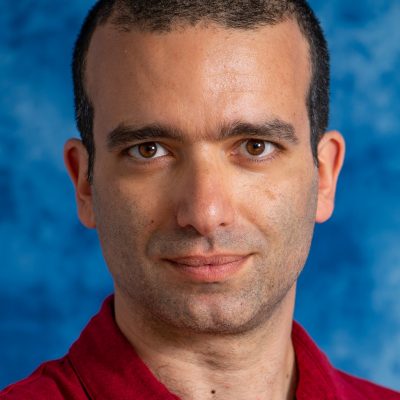
Dr. Erez Zohar is set to receive a grant for his research centered on quantum information theory within many-body physics. Quantum mechanics currently serves as the established framework for delineating the structure of matter and the interplay between its constituent parts. Quantum information theory delves into the classification, manipulation, and utilization of information within quantum systems. Over recent decades, this field has witnessed substantial exploration, particularly amid the accelerated strides toward quantum computing. Zohar’s research group focuses on quantum computers or simulators designed to emulate intricate multi-body systems—an avenue holding promise for tackling complex problems. In another key facet of their work, for which the grant is given, they utilize entanglement, an exclusive quantum phenomenon governing correlation among the various parts of a system. Zohar’s team employs tensor networks, a tool leveraging entanglement, to explore intricate many-body systems, extending their application into the realm of elementary particle physics.
Prof. Yair Furstenberg is slated to receive the grant for his research exploring the evolution of Jewish legal literature during the first centuries CE amidst Roman governance and in conjunction with other legal traditions. This project aims to elucidate how subject populations interfaced with the Roman Empire, reshaping their self-identity through the development of indigenous legal frameworks. The study’s objective is to compare divergent legal systems, examining their responses to imperial legal administration and how these cultures forged distinctive local identities. This research initiative will convene experts in Roman, Jewish, Egyptian, and Hellenistic law alongside scholars of the Roman Empire, fostering an examination of shared processes and unique adaptation strategies among diverse populations under Roman rule. Consequently, an integrated inquiry into Rabbinic law alongside its counterparts will deepen our understanding of the experience of local populations under the Roman Empire as viewed from their own perspective.
Prof. Oren Ram will be awarded a grant for his pioneering research in developing advanced technological tools aimed at sequencing individual cancer cells. His primary focus lies in correlating the cellular state at both RNA and DNA levels with mutations, particularly those enabling select tumor cells to better withstand drug treatments. Enhancing the detection of rare mutations holds immense promise for early cancer diagnosis and personalized treatment strategies. Initially, this research will concentrate on lung cancer patients afflicted with brain metastases and those with glioblastoma, a severe form of brain cancer. Subsequent phases will extend this methodology to encompass various other cancer types. The process involves cultivating cancer cells from patients in laboratory settings and subjecting them to diverse clinically approved drug sets to identify cells displaying resistance. Employing cutting-edge methodologies, the team will then map these resistant cell populations to decipher the molecular mechanisms enabling them to evade treatment. Ultimately, this comprehensive approach aims to uncover potential vulnerabilities in these cancer cells during the early stages of the disease, thereby facilitating tailored treatment options for individual patients.
Dr. Yonatan Anahory will be granted funding to develop a microchip designed to manipulate quantum entities known as “vortices” present in superconducting materials under magnetic fields. This breakthrough holds immense promise, serving as a cornerstone for encrypted communication and future computational advancements. The existing components employed to encode quantum states, forming the basis of this technology, lack the necessary stability, leading to errors induced by system noise. These errors impede accurate computational processes, hindering the practical application of quantum science in technology. Dr. Anahory, along with a team of researchers led by Prof. Hadar Steinberg from the Faculty of Sciences at the Hebrew University, aims to tackle this challenge. Their innovative solution revolves around harnessing quantum vortices within superconducting materials. In a groundbreaking achievement, they have successfully engineered a microchip capable of precisely controlling the movement of these vortices, allowing for their accurate positioning and manipulation at will. This groundbreaking capability is anticipated to revolutionize the reliability and speed of computational operations, marking a pivotal advancement in quantum technology.
Prof. Katrina Ligett will be granted funding for her pivotal research addressing challenges arising from algorithmic personalization—the practice of providing individuals with personalized opportunities, information, or experiences, on the basis of their personal data and on patterns learned from others’ data. Algorithmic personalization carries risks related to privacy, autonomy, discrimination, social fragmentation, and more. Despite the urgency of the algorithmic personalization problem, the mathematical toolkit for studying and auditing for problematic algorithmic personalization remains extremely limited, particularly if we wish to do so in a manner that provides formal privacy guarantees. The goal of Prof. Ligett’s project is to tackle this important problem head-on by establishing the mathematical foundations needed to study algorithmic personalization and to collectively audit personalization systems while guaranteeing privacy to participants.
Dr. Nicholas Stone is set to receive a grant for his groundbreaking research on tidal disruption events, rare explosions that offer insight into supermassive black hole properties such as mass and spin. Presently, there exists no consensus regarding the power source fueling the flares during these events. Dr. Stone’s research aims to resolve this mystery, demonstrating that the enigma of tidal disruption events can indeed be unraveled. Through meticulous first-principles simulations encompassing the evolution and emission of stellar debris during these events, his work aims to provide a roadmap to measure the parameters associated with black holes. This project holds the promise of overcoming the limitations inherent in other techniques used to measure black holes, thereby placing critical constraints on the formation and growth history of supermassive black holes.
Related articles
Simple RNA-Based Blood Test to Detect Parkinson’s Disease Developed by Hebrew University Researchers
April 17, 2025 – A simple, RNA-based blood test capable of detecting Parkinson’s disease long before symptoms emerge has been developed by researchers at the Hebrew University of Jerusalem. Currently, neurodegenerative disease diagnosis is similar to the stage that cancer diagnosis was 50 years
Effective Primary Care Teamwork Improves Long-Term Health Outcomes, According to New Hebrew University Study
April 16, 2025 – Primary care teams can improve patient engagement and long-term health outcomes with more regular (TR) follow-up visits for patients with chronic health conditions, according to a new Hebrew University of Jerusalem study. Published in the Annals of Family Medicine, the
The Hebrew University of Jerusalem Marks 100 Years with a Ceremonial Opening at the Tel Aviv Stock Exchange
April 7, 2025 – In honor of the Hebrew University of Jerusalem’s centennial, the University’s senior leadership and prominent alumni opened trading on Sunday morning at the Tel Aviv Stock Exchange (TASE), underscoring a century of academic excellence and impactful contributions to


